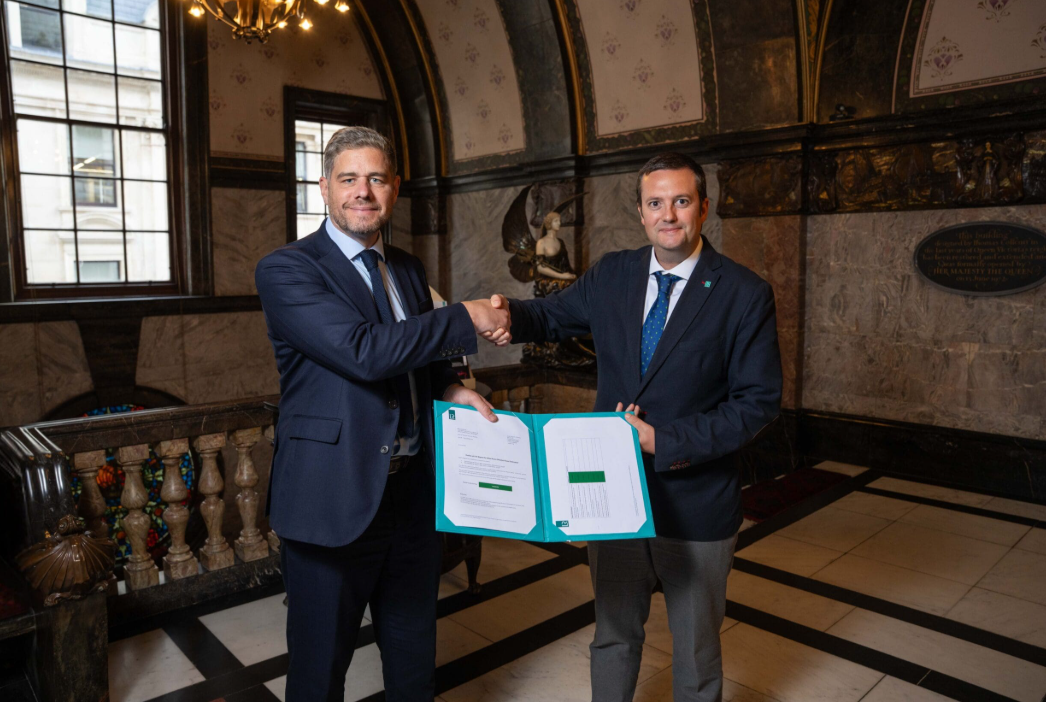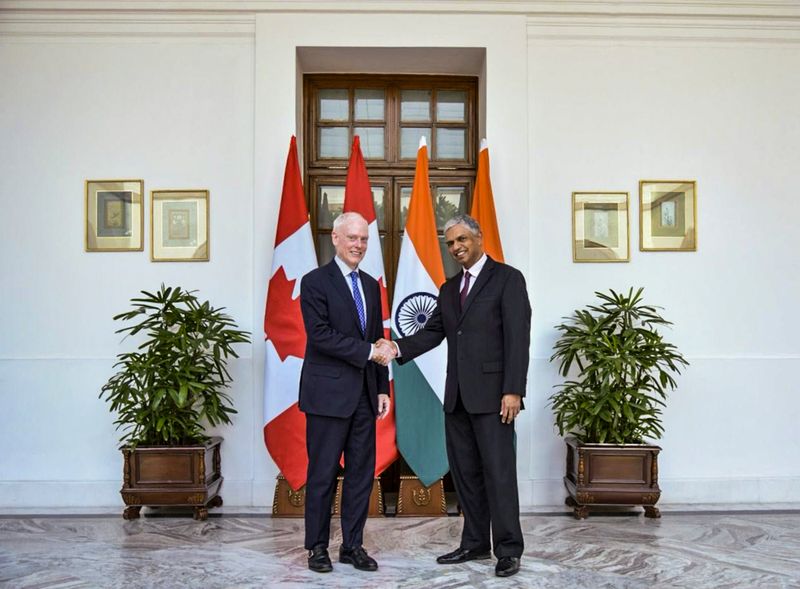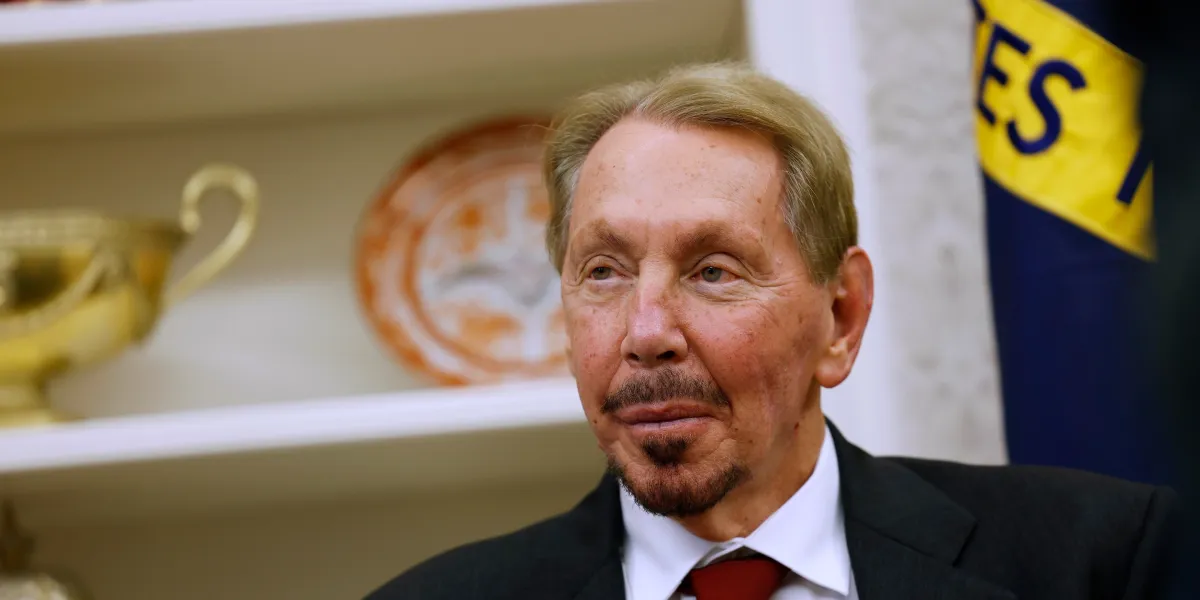OpenAI’s historic week has redefined the AI arms race for investors: ‘I don’t see this as crazy’
By Mackenzie Sigalos
Copyright cnbc

Though the buildout is flashy, the funding behind it remains hazy.
Nvidia’s $100 billion investment will arrive in $10 billion tranches over the next several years. OpenAI’s buildout commitment with Oracle and SoftBank could eventually reach $400 billion.
Microsoft, OpenAI’s largest partner and shareholder that holds a right of first refusal for cloud deals, “is not willing to write them an unlimited check for compute,” Luria said. “So they’ve turned to Oracle with a commitment considerably bigger than they can live up to.”
As a non-investment-grade startup without positive cash flow, OpenAI still faces a major financing challenge.
Executives have called equity “the most expensive” way to fund infrastructure, and the company is preparing to take on debt to cover the rest of its buildout. Nvidia’s long-term lease structure could help OpenAI secure better terms from banks, but it still needs to raise multiples of that capital in the private markets.
OpenAI CFO Sarah Friar said the company plans to build some of its own first-party infrastructure — not to replace partners like Oracle, but to become a savvier operator. Doing some of the work internally, she said, makes OpenAI “a better partner” by allowing it to challenge vendor assumptions and gain a clearer view into actual costs versus padded estimates.
That, in turn, strengthens its position in rate negotiations.
“The other tool at their disposal to reduce burn rate is to start selling ads within ChatGPT, which may also help with the fundraising,” Luria suggested as a way to ease its burn rate.
Altman said earlier this year in an interview with Ben Thompson’s Stratechery that he’d rather test affiliate-style fees than traditional ads, floating a 2% cut when users buy something they discovered through the tool. He stressed rankings wouldn’t be for sale, and while ads aren’t ruled out, other monetization models come first.
That question of how to monetize becomes even more urgent amid OpenAI’s breakneck growth.
“We are growing faster than any business I’ve ever heard of before,” Altman said, adding that demand is accelerating so quickly that even this buildout pace will “look slow” in hindsight. Usage of ChatGPT, he noted, has surged roughly tenfold over the past 18 months, particularly on the enterprise side.
And that demand isn’t slowing.
Accenture CEO Julie Sweet told CNBC’s Sara Eisen on “Money Movers” Thursday that she’s seeing an inflection point in enterprise adoption.
“Every CEO board in the C-suite recognizes that advanced AI is critical to the future,” she said. “The challenge right now they’re facing is that they’re really excited about the technology, and they’re not yet AI-ready — for most companies.”
Her firm signed 37 clients this quarter with bookings over $100 million.
“We’re still in the thick of it,” she added. “There’s a ton of work to do.”



